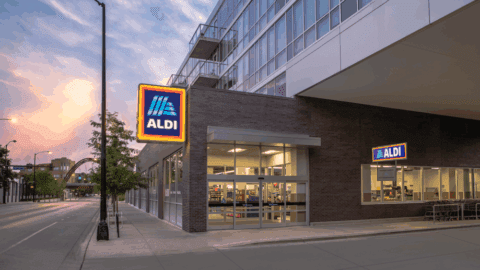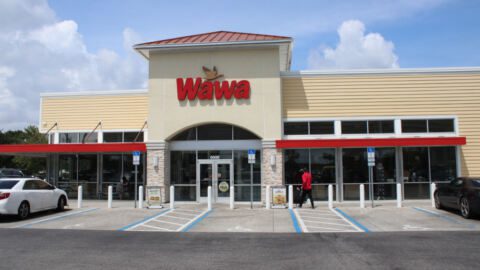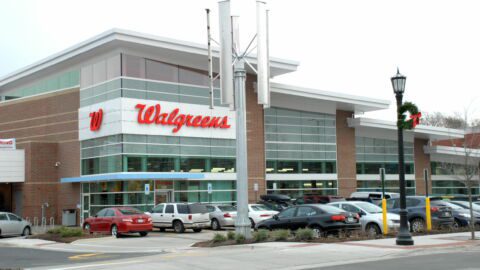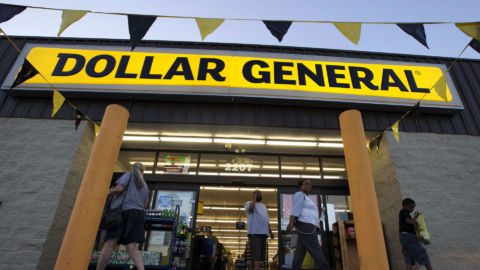As Mattress Firm faces an uncertain future that may include bankruptcy and significant store closings, a fast-growing competitor is making its biggest move to fill the void. Casper will open 200 stores across North America over the next three years, according to CEO Philip Krim in an interview with The Wall Street Journal.
Casper, which launched in 2014, opened its first permanent retail shop in New York City earlier this year after gaining popularity with a series of pop-up shops that generate an average of more than $1,500 per square foot, the company says.
Krim hasn’t decided on the size and layout of the 200 stores yet, which will include 18 of these existing temporary locations that Casper will transition to permanent shops. The company plans to test different models and adjust them based on customer feedback. Many of Casper’s temporary stores are currently in malls, and the company expects to keep opening shops in top-tier malls.
The brand also distributes some of its products through various major retailers, including one of its investors, Target, as well as Nordstrom and Amazon. Casper recently launched “pop-in” locations within nine Nordstrom stores across North America that will remain open until Aug. 26, 2018.
Sales have grown more quickly in markets where Casper already has opened stores, including New York, San Francisco and Denver. Meanwhile, Casper’s customer acquisition costs have dropped in the past year, in part due to the temporary openings, according to Krim.
Casper’s growth, and the addition of other competitors such as Leesa, Purple, Yogabed, Tuft & Needle and Nectar, has disrupted the mattress industry, with the “bed-in-a-box” concept providing consumers with more incentives to purchase a mattress online. Even incumbent mattress players such as Tempur Sealy and Serta Simmons now sell bed-in-a-box concepts direct-to-consumer, challenging the status quo of traditional mattress sales.
The bed-in-a-box model isn’t the only reason more shoppers are flocking online — many of these e-Commerce companies offer free shipping with their order, 100-day trial periods and even free returns. Casper now sells three types of mattresses, ranging from $350 to more than $1,000, as well as pillows, sheets and bed frames, all under a flat pricing structure.
Online purchases now account for 12% to 14% of mattress sales in the U.S. and about 20% of units sold, according to estimates from Peter Keith, a Piper Jaffray analyst who tracks the bedding industry. These figures show that shoppers still mostly buy mattresses in stores, and there’s still a large portion of the mattress-buying population that Casper hasn’t reached yet.
Keith noted last week that he anticipates Mattress Firm will file for bankruptcy by November 2018 at the latest, so Casper’s entrance into brick-and-mortar comes at an opportune time. But if Casper is going to have any success in the physical arena, it’s going to have to focus on innovating its store experience as well, just as it already has done online.
Casper said its revenue rose 50% in the first half of 2018 compared with the same period last year, but did not disclose revenue figures or whether the company is profitable.












